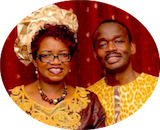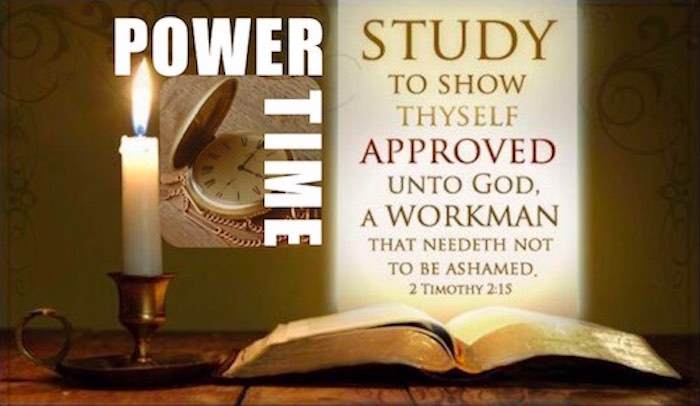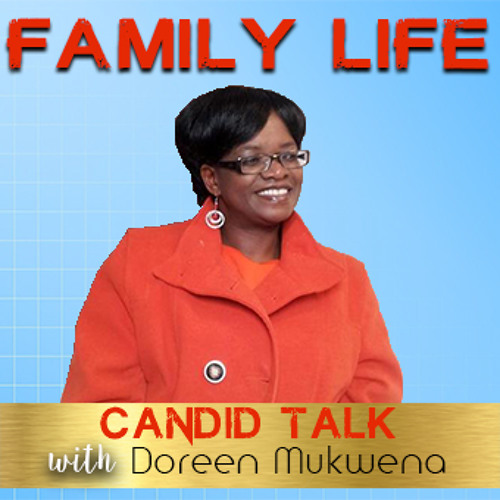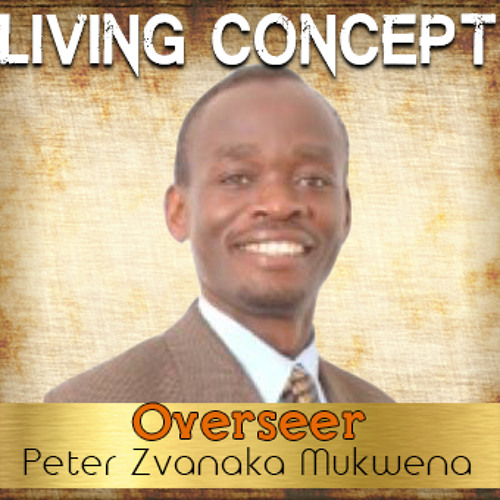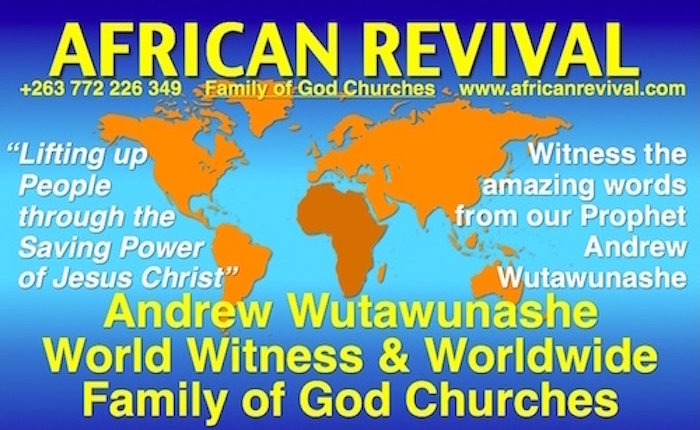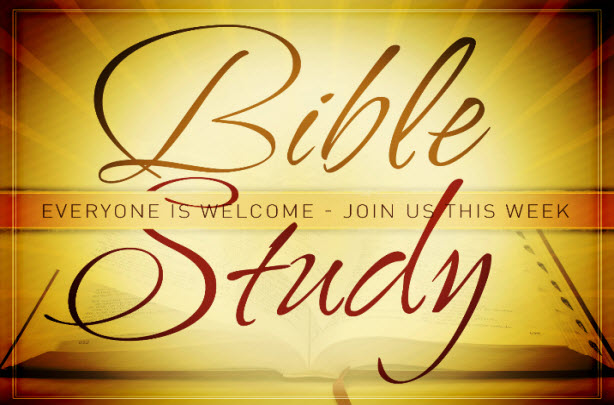PROTOCOL IN THE FAMILY OF GOD CHURCHES
PROTOCOL IN THE FAMILY OF GOD CHURCHES
By Pastor Robert Majonga
DEFINITIONS OF PROTOCOL
1. “The term protocol comes from the Greek words meaning ‘the first glue.’ Nowadays,
Protocol can be understood as the glue which holds official life in the society together.
Whether on the local, state, national or international level, proper protocol is vital in
assuring that relations between the officials of organizations and governments are
conducted with minimum friction and maximum efficiency.”
2. “The system of rules and acceptable behaviour used at official ceremonies and
Occasions.” (http://dictionary.cambridge.org/define.asp?key=63647&dict=CALD)
3. “Protocol is commonly described as a set of international courtesy rules. These well established
and time-respected rules have made it easier for nations and people to live
and work together. . . . Protocol rules are based on the principles of civility.”
PROTOCOL IN RANK/HIERARCHICAL STANDING
“Part of protocol has always been the acknowledgment of the hierarchical standing of all
present.”
The Bible also recognizes rank or standing amongst persons (Romans 13:7; 1 Peter 2:17).
The Family of God Churches is a highly structured church with clearly outlined
principles of practice. The expression of those principles is contained in the Vision of the Church which summarised in what The Apostle gave as the Five Pillars of the Vision.
In fact, the vision and the 11 anointings from Isaiah 60 is the expression of
the World Wide Family of God Church understands of Christian life and church governance
and discipline based on biblical principles”
Constituent Levels of the Church
Among the Family of God Churches there are four constituent levels leading from the
individual believer in the local church to the worldwide organization, the General
Conference, which is the highest decision making body in the structure of the church:
2
1. The Local Church -- a united organized body of individual believers.
2. The Local Conference/Mission or Field -- a united organized body of churches in a
state, province, or territory.
3. The Union Conference or Union Mission -- a united body of conferences, missions, or
fields within a larger territory.
4. The General Conference -- the largest unit of organization-- embraces all unions in all
parts of the world.
ï Divisions are sections of the General Conference, with administrative
responsibility assigned to them in designated geographical areas.
Rank Expressed in Titles
The titles attributed to certain officers indicate rank and the way such officers should
be recognized and addressed. At the constituent levels of the Conference/Mission, Union, and
General Conference the ranking officers are:
a) PRESIDENT/ International Overseer/Apostle or Prophet
b) BISHOPS - - second ranking officer at each level.
c) PASTORS - third ranking officer at each level.
d) (Other positions may include Ministers, Secretary, and Administrators
Accountant, etc).
ï At the College/University level the ranking officer also carries the title of
DEAN
Local Church. At the constituent level of the local congregation, title also expresses
rank:
1) Pastor/Minister -- the ranking officer in the local church
2) Elders/Deacons/Leaders
Authority of the Rank of President/Apostle/Prophet. “The conference/mission/field president in
counsel with the conference/ mission/vision directs the workers of the
conference/mission/field in their varied activities”
3
The President/Apostle/Prophet is the chief pastor/ overseer of all churches in the World where we have congregations. “He
has access to all the churches, church services, business meetings, and church boards, without
vote unless granted by the church, and may, by virtue of his office, preside over the sessions
of any of the churches when such a course is necessary. He has access to all church records,
report books, et cetera”
Authority of the Ranking Officers in a Conference/Mission/Field. “The officers --
president, secretary, treasurer-- of the conference/mission/field to which the church belongs
may attend without vote (unless granted by the church) any church business meeting within
the conference/mission/field territory”
Deference Shown to Ministers and Unordained Workers
“When an ordained minister of the church/mission/field, or one sent by the
International Overseer/Bishop, visits a church, it is expected that the local elder will show him
proper deference by inviting him to occupy the pulpit. This also applies to unordained
Workers sent by the Apostle/Prophet/Bishop/mission/ field”
Correspondence from Apostle/Bishop’s Office must beTreated with Importance
“The Pastor/ elder should regard all correspondence from the Apostle/Bishops office
as important. Letters calling for announcements to the church should be presented at the
proper time”. It follows that correspondence from the President/Apostle-- the
ranking officer in the territory-- should be presented in its entirety to the congregation.
PLATFORM PROTOCOL
“Protocol promotes orderly procedure following the rules of etiquette. Personal friendships,
likes, and dislikes must not be considered. The office is being honoured not the person”
In seating persons on a platform, place the first ranking officer or platform member at
the right of the principal speaker; the second ranking platform member at the left of the
principal speaker; the third ranking platform member at the second right; the fourth ranking
platform member at the second left; the fifth ranking platform member at the third right, etc.
This order should be observed at all times for seating, introductions, etc. However, common
sense sometimes dictates slight deviations
FLAG PROTOCOL ON PLATFORM
For a speaker on stage, either standing or sitting, the National flag is placed to the speaker's
right (also known as stage right or house left); while other flags are placed to the speaker's
left.
(http://www.specialevents.ucla.edu/documents/FlagProtocolforUCLAEvents.pd
4
RELATING TO PREACHERS/KEYNOTE SPEAKERS
Speakers should be given advance written information:
1. Time, date, place of meeting.
2. Time allowance for presentation.
3. When fees are involved, complete understanding should be reached at time of making
arrangements.
4. Dress (formal or informal).
Note: It is never courteous to keep a speaker waiting.
Introduction of the Speaker
a) A person known to the audience is presented; a stranger is introduced.
b) The purpose of an introduction is to acquaint the audience with the speaker’s
background, qualifications, and subject.
c) The introduction should be brief. Do not give the speech yourself.
d) Be factual, not too flowery. Put both the speaker and the audience at ease.
e) Mention the speaker’s name at the end of the introduction.
PROTOCOL AND NATIONAL AND COMMUNITY OFFICIALS
From time to time the church (at different the levels) invite national and community officials
to functions/occasions. How do we address them?
“The spirit of formality among diplomatic representatives usually means not
addressing others by their first names. One should rely on courtesy titles until invited to do
otherwise.”
Addressing Persons
Note when “Your” and “His/her” may be used in addressing certain officials.
The Governor General or President of the country:
ï When addressing directly: “Your Excellency . . .”
ï When speaking about: “His/her Excellency, (Sir) . . .”
The Prime Minister
O Addressing directly: “Mr. /Madam Prime Minister”
O When speaking about: “The Right Honourable Name”; Or the Honourable
Name; or Dr., the Hon. Name . . .”
Member of Parliament
♉ Addressing directly: “Honourable Name . . .
♉ When speaking about: “The Hon. . . .
5
Ambassador
♉ Mr. /Madam Ambassador; or Ambassador Name. Wutawunashe
♉ Ambassador who is a Barron: “Lord (Surname)Montgomery”
High Court Judge
♉ Directly: “Your Honour”
♉ When speaking about: “His/her Honour”
The Spouse
ï Of the Governor General, President, or one Knighted: “Lady Surname”
ï Of an ambassador or Parliamentarian: “Mr. /Mrs. /Ms. Surname.
(National Anthem
The national Anthem is played on the arrival of or at the presence of the head of state,
not for the head of government or other politicians.
On the Arrival of the Head of State
On the arrival of the head of state the programme begins. The Governor General or
President of the country is not to be kept waiting for the programme to begin.
Meeting National, Community, and Church Officials on Arrival
The highest ranking church official present should meet and welcome national,
community, and church officials/leaders on their arrival at a church programme/event.
Start Programmes/Services on Time
Officials should not be kept waiting. When an invitation is accepted by them, secure
emergency number for him/her just in case there is a delay in his/her arrival.
Start Programmes/Services on Time
Officials should not be kept waiting. When an invitation is accepted by them, secure
emergency number for him/her just in case there is a delay in his/her arrival.
INTRODUCTION OF SPEAKER
a. A person known to the audience is presented; a stranger is introduced.
b. The purpose of an introduction is to acquaint the audience with the speaker’s
background, qualifications, and subject.
c. The introduction should be brief, not more than one minute. Do not give the speech
yourself.
d. Be factual, not too flowery. Put both the speaker and the audience at ease.
e. Mention the speaker’s name at the end of the introduction.
DUTIES AND RESPONSIBLITIES OF THE PROTOCOL DEPARTM ENT IN THE FOG CHURCHES
Protocol and Hospitality Department ensures the well-being and comforts of guest ministers at The Family of God Churches through the provision of food and refreshments. The protocol department handles the transportation of guest ministers as well as coordinates logistics for special events. The department is responsible for maintaining order during the service. Members of the Protocol Department are also committed to assist the Pastors and First Ladies with their various ministerial needs. Protocol Department
The Protocol Department is concerned with ensuring the welfare and hospitality of guest ministers during their visits to FOG Churches. They are solely responsible for picking up and returning guest ministers to their desired destination. They also work closely with the hospitality department to ensure all needs of our invited VIPs are met promptly.
The protocol department within the Family of God Churches serves as armour-bearers for the International Overseer/Founder/Bishops and the Pastoral team. In addition, they are also responsible for planning and implementing of all guest ministers to the church in Liaison with the Presiding Bishop of the territory.
The responsibility of this department includes:
- To ensure the safety of lives
- To ensure the safety of properties i.e. cars, valuable items, etc
- To ensure orderliness in the church environment
- To ensure that cars are packed at the right place to avoid obstruction especially during our services.
WHAT DEPARTMENT DOES PROTOCOL WORK WITH- ALL
The Protocol Department works will all department/ministries but it works closely or as one with;
- Ushering
- Security
- Hospitality
- Stage Manager
CONCLUSION
The final word on protocol has not been said. But protocol, the glue that holds official life in
society together, is of vital importance to church life also. It is vital for assuring that relations
between leaders of the church and the general church body; and the relations between the
church and national/community leaders are conducted with minimum friction and maximum
efficiency. We follow protocol because “God is not the author of confusion, but of peace . . .
in all the churches of the saints. [Therefore] “let all things be done decently and in order” (1
Corinthians 14:33, 40).
Pastor Bob Majonga/fog church United Kingdom
www.fogleeds.com and www.africanrevival.com
2010 United Kingdom
